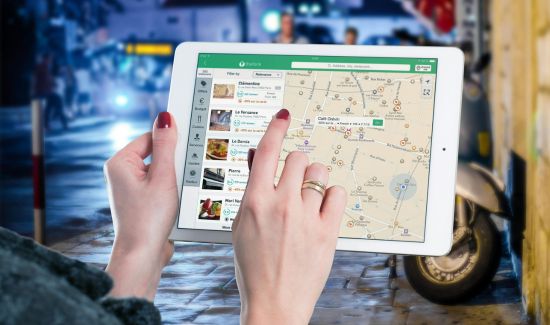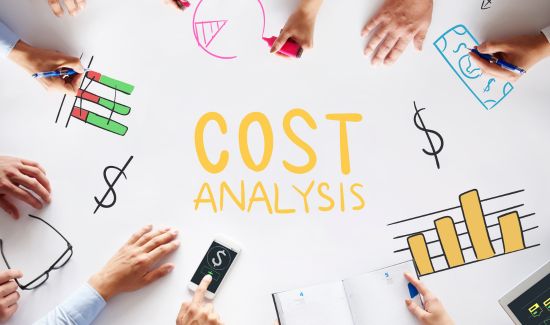Buying land can be a great investment, but it also comes with some challenges and risks. Before you sign the papers and become a landowner, you need to consider these three important factors:
1. Location
The location of your land is one of the most crucial aspects of your purchase. It will determine the value, the accessibility, the zoning, the taxes, and the potential uses of your land. You need to research the area thoroughly and find out the following information:
- What is the market value of the land and how does it compare to similar properties in the area?
- What are the current and future development plans for the area and how will they affect your land?
- What are the zoning regulations and restrictions for the land and what can you legally do with it?
- How easy or difficult is it to access the land and what are the costs and requirements for utilities, roads, and other infrastructure?
- What are the environmental conditions and risks of the land and how will they impact your plans and budget?

2. Purpose and Goals
The purpose and goals of your land purchase are another key factor to consider. You need to have a clear vision of what you want to achieve with your land and how you plan to use it. Some common purposes and goals for buying land are:
- Building a home or a vacation property
- Farming or ranching
- Hunting or recreation
- Conservation or preservation
- Investment or speculation
Each of these purposes and goals has different implications and requirements for your land purchase. You need to evaluate the feasibility, the profitability, and the sustainability of your plans and make sure they align with your budget, your skills, and your lifestyle.

3. Financing and Costs
The financing and costs of your land purchase are the final factor to consider. Buying land is not cheap and it often requires a different type of financing than buying a house. You need to be aware of the following issues and expenses:
- How much can you afford to spend on your land and how will you finance it?
- What are the interest rates, the terms, and the conditions of your loan and how will they affect your cash flow and your return on investment?
- What are the closing costs, the fees, and the taxes involved in your land purchase and how will you pay for them?
- What are the ongoing costs of owning and maintaining your land and how will you cover them?
- What are the potential risks and liabilities of your land and how will you protect yourself from them?
Buying land can be a rewarding and profitable venture, but it also requires careful planning and preparation. By considering these three factors before purchasing land, you can make an informed and smart decision that will serve you well in the long run.

Conclusion
Purchasing land can be a great investment, but it also comes with some challenges and risks. You can make a smart and informed decision that will benefit you in the long term by taking into account these three aspects before buying land
- Location: Research the market value, the development plans, the zoning regulations, the accessibility, and the environmental conditions of the land.
- Purpose: Have a clear vision of what you want to achieve with your land and how you plan to use it, whether it’s for building, farming, hunting, conservation, or investment.
- Financing: Be aware of the costs and risks involved in buying and owning land, and find the best financing option for your budget and goals.
If you’re ready to buy land, you can start by browsing the listings on this website, where you can find land for sale in USA. Happy land hunting!

